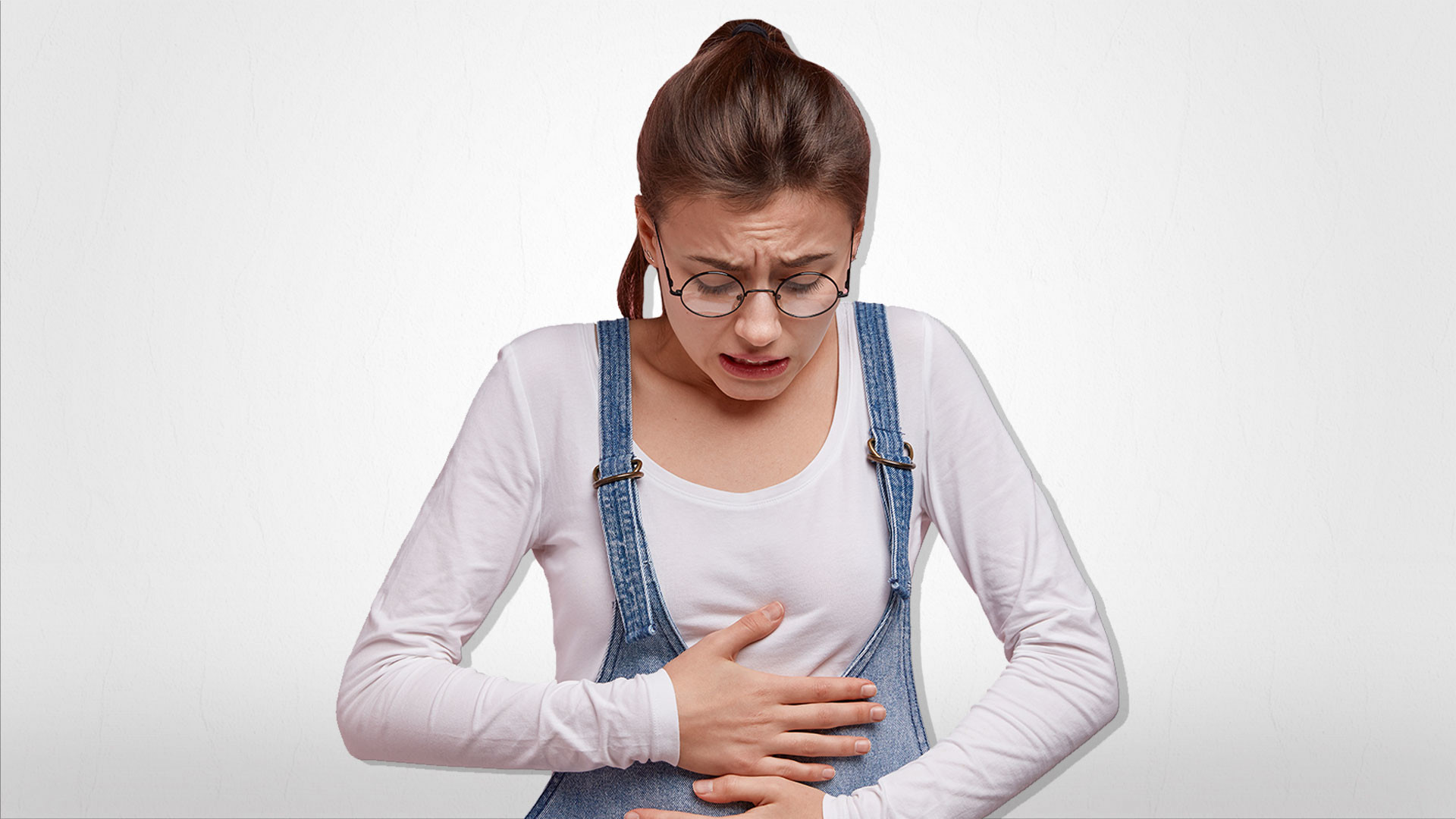Gastric Reflux (GERD): Symptoms, Causes, and Treatment in Bangkok, Thailand
2522
Rather than a disease, it’s more of a symptom that occurs when you are experiencing indigestion, Gastroesophageal Reflux Disease (GERD)

Rather than a disease, it’s more of a symptom that occurs when you are experiencing indigestion, Gastroesophageal Reflux Disease (GERD)
Speak to our doctors about your medical concerns today! Book An Appointment Online